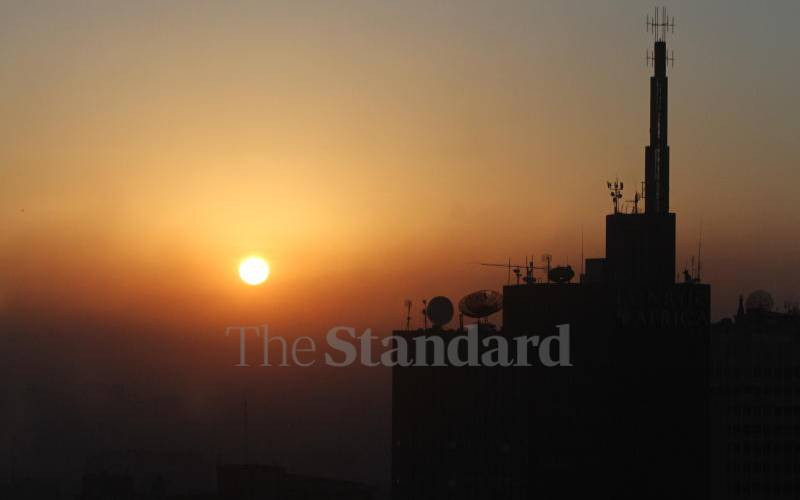×
The Standard e-Paper
Fearless, Trusted News

Scientists have issued a "final warning" on the climate crisis, citing rising greenhouse gas emissions that are pushing the world towards irreversible damage and urging swift action to avert the crisis.